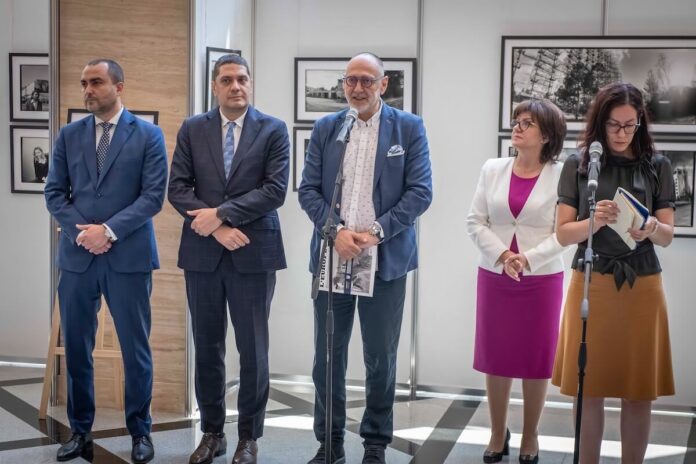Nuclear Ghosts: Alex Luna art exhibition Haunts the Bulgarian Parliament
It wasn’t a gallery. It wasn’t a museum. But on June 18, the National Assembly of Bulgaria — usually a stage for laws and power plays — fell completely silent. Not for a vote. For a vision.
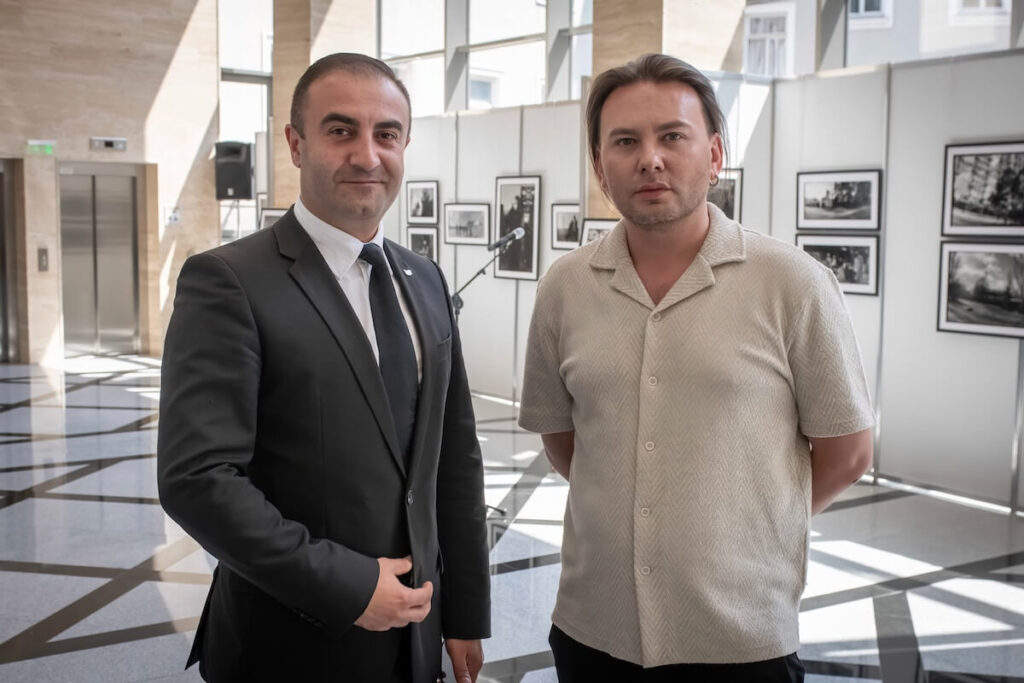
That vision was Somnia Disaster, a photo exhibition unlike anything this building has ever seen. Conceived by Ukrainian artist and producer Alex Luna (born Oleksandr Tyshchenko), and brought to life with Japanese and Ukrainian collaborators, the project crackles with memory, grief, and eerie beauty. It’s not just about what happened in Chernobyl or Hiroshima — it’s about what still echoes today, in our air, our bodies, and our choices.
You don’t walk through Somnia Disaster. You float. Or maybe you drift — like ash, like fallout, like the haunted sleep the title alludes to. “Somnia” — the dream. “Disaster” — the nightmare we never fully woke up from.
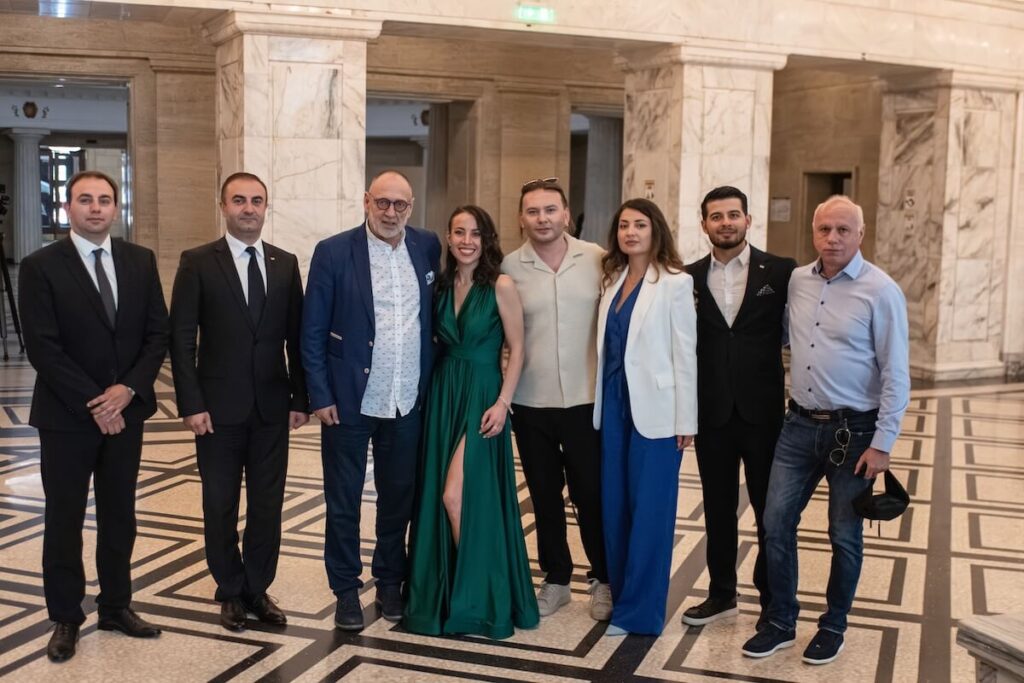
The photographs, by Japan’s Shigeru Yoshida and Ukraine’s Vladyslav Krasnoshchok, don’t scream. They whisper. They stare back at you. They feel cold, soft, human-like skin under a Geiger counter. They are anchored by Luna himself and the famously enigmatic Snejana Onopko, who become ghostlike figures inside the works — lovers, survivors, shadows. The story is visual, but the emotion is physical. You feel it.
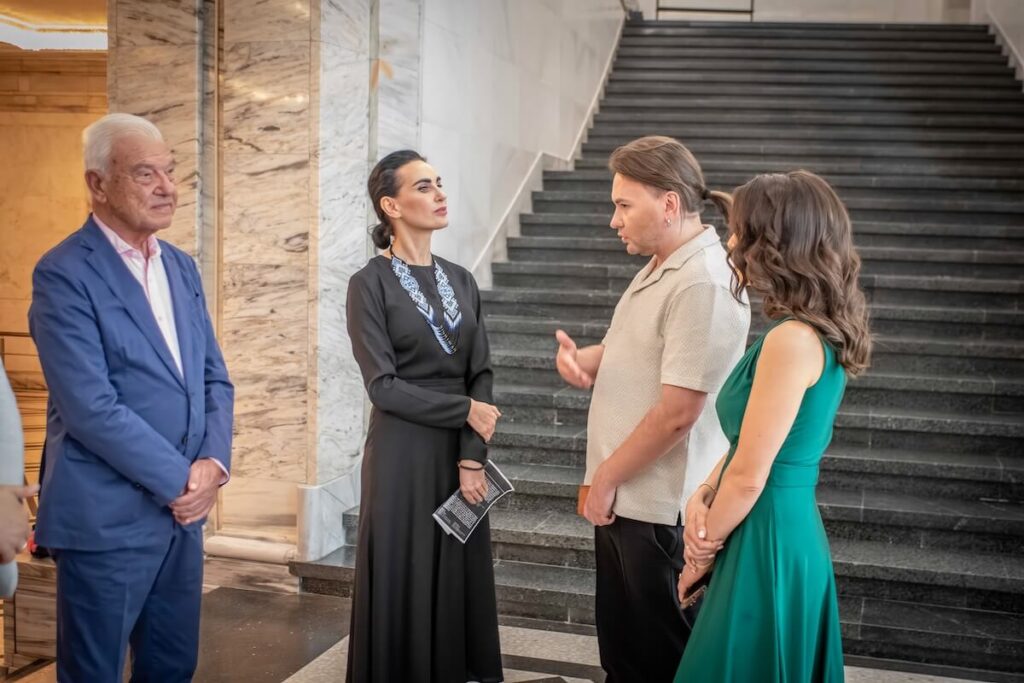
Luna’s presence in the work is more than artistic. It’s personal. “I didn’t want to curate this project from a distance,” he told us quietly at the event. “This isn’t about looking at tragedy. It’s about feeling it in your bones.”
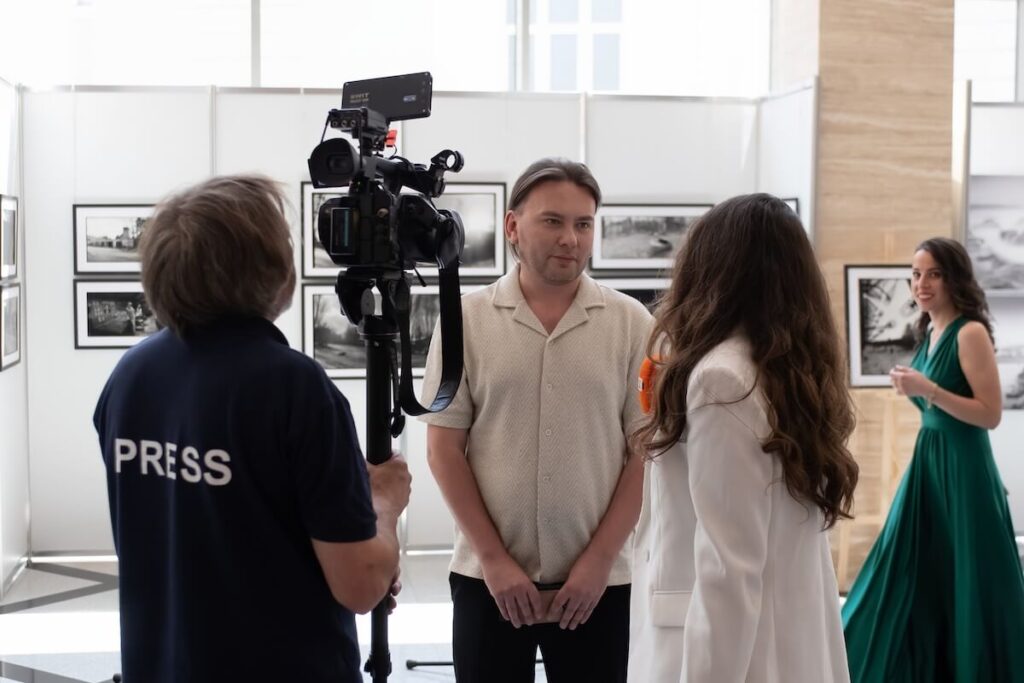
And he’s not exaggerating. The exhibition pulses with silence — that particular kind that follows disaster, the kind that hums beneath politics, the kind that remains after the world stops watching.
But make no mistake: this was also a message. Bold, direct, timely. Somnia Disaster doesn’t just look back at nuclear horror — it points forward, toward the present-day dangers still looming over Ukraine and beyond. It’s a warning delivered in beauty, not panic. And that’s what makes it hit harder.

The project came to life thanks to IBOOST Entertainment and the constant behind-the-scenes support of Irina Bosin, whose drive brought the show into the halls of government. But none of this would’ve happened without the unlikely — and moving — support of Bulgarian MPs Hristo Gadzhev and Lyuben Dilov, and Ukrainian MP Tetyana Tsyba. Together, they proved that art can — and should — disrupt the usual programming.
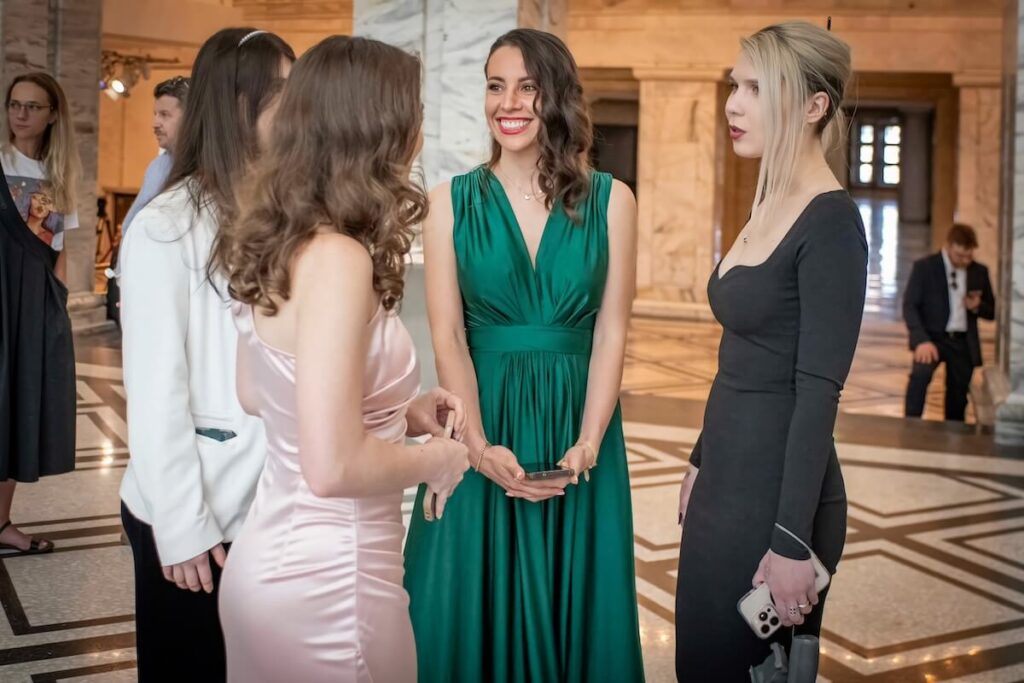
The show doesn’t need loud music, flashing lights, or fancy speeches. Its impact is quieter. A lump in the throat. A shiver you can’t quite explain. A reminder that some tragedies never end — they just evolve.

Somnia Disaster doesn’t just memorialize. It warns. It mourns. It dreams.
And in doing so, it wakes us up.

